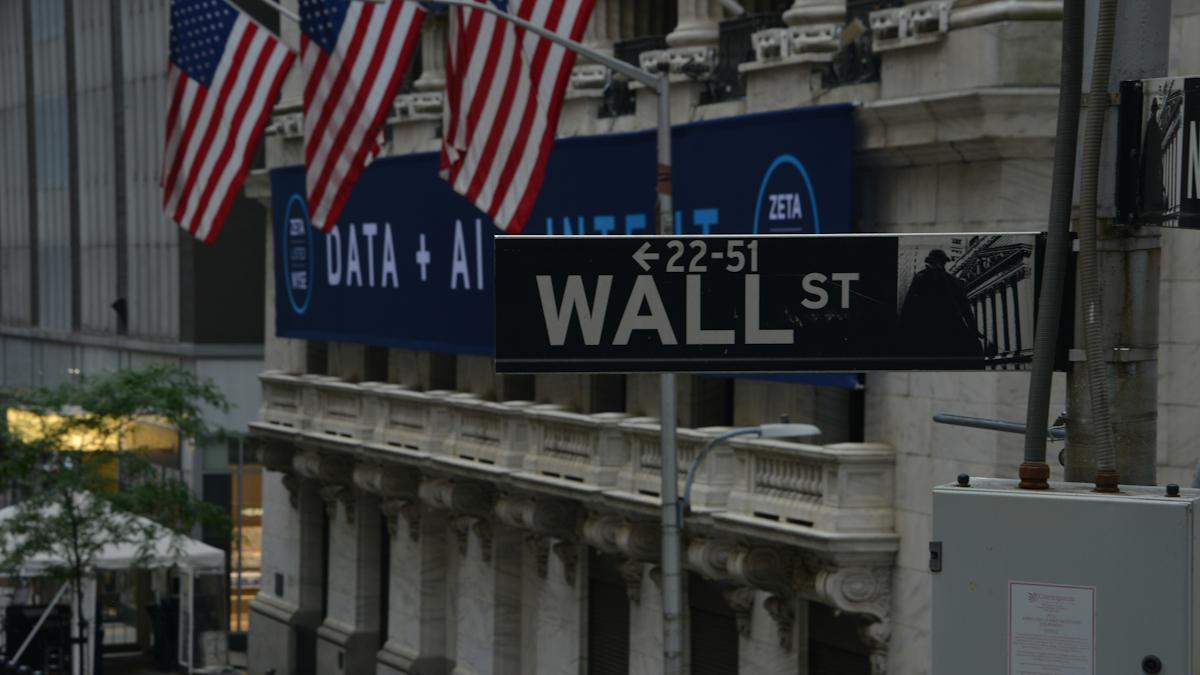JPM: GSK announces $1.4bn deal to buy asthma biotech Aiolos

Aiolos chief executive Khurem Farooq
GSK has taken another step towards rebuilding its respiratory pipeline with a $1.4 billion agreement to buy Aiolos Bio and its lead drug AIO-001 for asthma and other indications.
The deal – announced at the JP Morgan Healthcare conference this week – includes a sizeable $1 billion upfront payment, with up to $400 million more on the table if Aiolos’ pipeline delivers the results GSK is hoping for.
AIO-001 is a long-acting monoclonal antibody targeting thymic stromal lymphopoietin (TSLP), a drug in the same class as AstraZeneca’s first-to-market Tezspire (tezepelumab), which was approved by the FDA for severe asthma towards the end of 2021.
A new self-injector version of Tezspire was also approved last year, and analysts have predicted blockbuster sales for AZ’s drug as it can be used across the board in patients with severe asthma, while current biologics - including GSK’s IL-5 inhibitor Nucala (mepolizumab) - are restricted to patients with asthma associated with Type 2 (T2) inflammation.
GSK is banking on AIO-001 having the same broad use as Tezspire, with a dosing regimen that will make it popular with patients and give it an edge in the market. Initial clinical testing has suggested the antibody could be suitable for dosing just twice a year, while AZ’s drug is administered once a month.
“We have a proud heritage and deep development expertise in respiratory medicines, especially addressing diseases driven by IL-5 with high levels of eosinophils or high T2 inflammation,” said GSK’s chief scientific officer, Tony Wood.
“Adding AIO-001, a potentially best-in-class medicine targeting the TSLP pathway, could expand the reach of our current respiratory biologics portfolio, including to the 40% of severe asthma patients with low T2 inflammation where treatment options are still needed,” he added.
San Francisco-based Aiolos, which also has operations in the UK, licensed rights to AIO-001 outside Greater China from Jiangsu Hengrui Pharmaceuticals (Hengrui) and only came out of stealth mode last year with a $245 million Series A that helped to fund the transaction.
AIO-001 has already cleared phase 1 trials by Hengrui, so GSK is getting a project that has some of the risk taken out and is ready to advance into phase 2. Along with asthma, the antibody could have potential in other inflammatory diseases, including chronic rhinosinusitis with nasal polyps, chronic obstructive pulmonary disorder (COPD), and chronic spontaneous urticaria (CSU).
Aiolos’ chief executive, Khurem Farooq – who was formerly CEO of gene therapy specialist Gyroscope Therapeutics, before it was acquired by Novartis in a deal worth up to $1.5 billion – said that GSK was a great option to take the antibody forwards as it is “a leader with decades of experience developing respiratory therapies and a shared commitment to improving patient lives.”
Last year, GSK also added to its respiratory pipe with an agreement to buy Bellus Health for around $2 billion, adding a P2X3 antagonist, camlipixant, in late-stage development as a chronic cough therapy.
The big pharma needs to boost its pipeline as it is facing patent expiry in 2027 for HIV drug dolutegravir, one of its biggest sellers, and could see new competition for shingles vaccine Shingrix, currently its top product. Things are, however, looking good for its latest launch, respiratory syncytial virus vaccine Arexvy, which GSK thinks can reach around $4 billion in annual sales.













